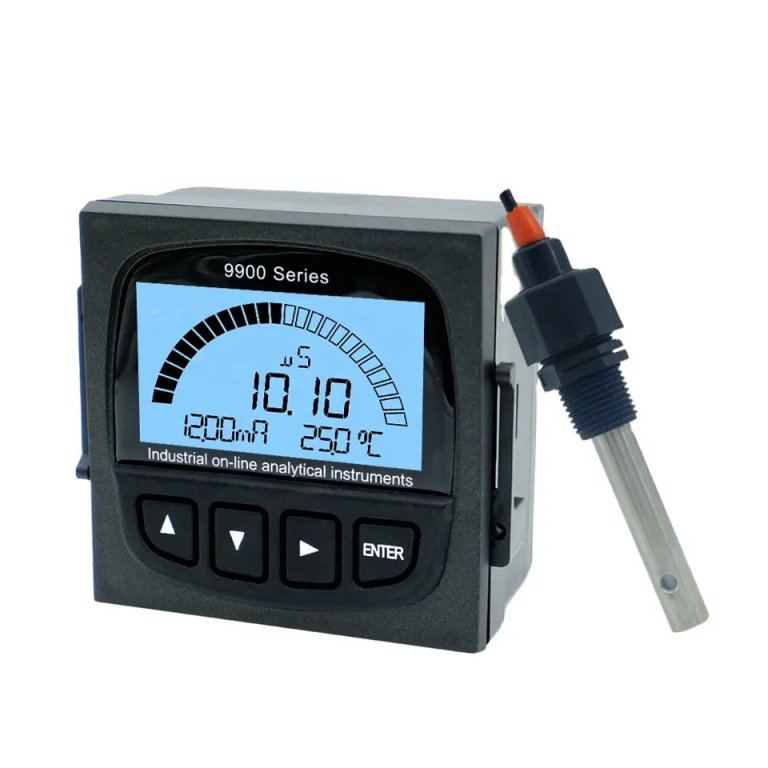Table of Contents
The Importance of Regular Water Impurities Testing for Health and Safety
Water is an essential resource for all living organisms, including humans. It is crucial for hydration, cooking, cleaning, and various other daily activities. However, not all water sources are safe for consumption. Water impurities can pose serious health risks if not properly monitored and treated. Regular water impurities testing is essential to ensure the safety and quality of the water we use.
One of the main reasons why regular water impurities testing is important is to protect public health. Water impurities such as bacteria, viruses, and chemicals can cause a range of health problems, from mild gastrointestinal issues to more serious illnesses. By testing water regularly, authorities can identify and address any potential contaminants before they pose a threat to public health.
In addition to protecting public health, regular water impurities testing is also important for ensuring the safety of our water supply. Water impurities can come from a variety of sources, including industrial runoff, agricultural pesticides, and aging infrastructure. Without proper testing, these impurities can go undetected and contaminate our water supply, putting the entire community at risk.

Furthermore, regular water impurities testing is essential for maintaining compliance with regulatory standards. Government agencies such as the Environmental Protection Agency (EPA) have established guidelines for water quality to protect public health and the environment. By conducting regular testing, water suppliers can ensure that their water meets these standards and avoid potential fines or legal action.
Another important reason for regular water impurities testing is to prevent long-term health effects. Some water impurities, such as heavy metals and certain chemicals, can accumulate in the body over time and lead to chronic health conditions. By monitoring water quality regularly, authorities can identify and address these impurities before they cause long-term harm to the community.
In addition to health and safety concerns, water impurities can also affect the taste, odor, and appearance of water. Testing for impurities can help identify the source of these issues and allow water suppliers to take corrective action to improve the overall quality of the water. This can lead to increased customer satisfaction and trust in the water supply.
Overall, regular water impurities testing is essential for protecting public health, ensuring the safety of our water supply, maintaining regulatory compliance, and preventing long-term health effects. By monitoring water quality regularly, authorities can identify and address any potential contaminants before they pose a threat to the community. Water is a precious resource that we rely on every day, and it is important to take the necessary steps to ensure that it is safe and clean for all to use.
Common Water Impurities Found in Residential and Commercial Settings
Water is an essential resource that we rely on for various daily activities, such as drinking, cooking, and cleaning. However, not all water is safe for consumption due to the presence of impurities. These impurities can come from various sources, including natural minerals, industrial pollutants, and agricultural runoff. In order to ensure the safety of our water supply, it is important to regularly test for impurities.
One common type of water impurity found in residential and commercial settings is bacteria. Bacteria can enter the water supply through various means, such as sewage leaks or animal waste runoff. These bacteria can cause a range of health problems, from mild stomach upset to more serious illnesses. Testing for bacteria in water is essential to ensure that it is safe for consumption.
Another common water impurity is heavy metals. Heavy metals such as lead, mercury, and arsenic can leach into the water supply from industrial sources or old plumbing systems. These metals can have serious health effects, especially in children and pregnant women. Regular testing for heavy metals is crucial to prevent exposure and protect public health.
| model | pH/ORP-5500 series pH/ORP online transmitting controller | |
| Measurement range | pH | 0.00~14.00 |
| ORP | -2000mV~2000mV | |
| Temp. | ( 0.0~50.0)\u2103\u00a0 (temperature compensation component:NTC10K) | |
| Resolution | pH | 0.01 |
| ORP | 1mV | |
| Temp. | 0.1\u2103 | |
| accuracy | pH | 0.1 |
| ORP | \u00b15mV\uff08electronic unit\uff09 | |
| Temp. | \u00b10.5\u2103 | |
| Approximate input impedance | 3\u00d71011\u03a9 | |
| Buffer solution | pH value: 10.00\uff1b9.18\uff1b7.00\uff1b6.86\uff1b4.01\uff1b4.00 | |
| Temp. compensation range | (0~50)\u2103\uff08with 25\u2103 as standard\uff09Manual and automatic temperature compensation | |
| (4~20)mA | characteristics | Isolated,fully adjustable,reverible,instrument/transmitter for selection |
| Loop resistance | 500\u03a9\uff08Max\uff09\uff0cDC 24V | |
| accuracy | \u00b10.1mA | |
| Control contact | Electrical contacts | Double relay SPST-NO,return model |
| Loop capacity | AC 220V/AC 110V 2A(Max)\uff1bDC 24V 2A(Max) | |
| Power consumption | \uff1c3W | |
| Working\u00a0environment | temperature | (0~50)\u2103 |
| humidity | \u226485\uff05RH(none condensation) | |
| Storage environment | Temp.(-20-60) \u2103;relative humidity:\u226485%RH(none condensation | |
| Outline dimension | 96mm\u00d796mm\u00d7105mm\uff08H\u00d7W\u00d7D\uff09 | |
| Hole dimension | 91mm\u00d791mm(H\u00d7W) | |
| installation | Panel mounted,fast installation | |
Chlorine is a common water treatment chemical used to disinfect water and kill bacteria. While chlorine is effective at killing harmful pathogens, it can also react with organic matter in the water to form harmful byproducts such as trihalomethanes. These byproducts have been linked to an increased risk of cancer and other health problems. Testing for chlorine and its byproducts is important to ensure that water is safe for consumption.
Another common water impurity is nitrates. Nitrates are a type of nitrogen compound that can enter the water supply from agricultural runoff or septic systems. High levels of nitrates in water can pose a serious health risk, especially to infants and young children. Regular testing for nitrates is essential to prevent health problems and ensure the safety of the water supply.
In addition to bacteria, heavy metals, chlorine, and nitrates, there are many other types of water impurities that can affect the safety and quality of our water supply. These impurities can come from a variety of sources, including pesticides, pharmaceuticals, and industrial chemicals. Regular testing for a wide range of impurities is essential to ensure that water is safe for consumption.
In conclusion, water impurities are a common problem in residential and commercial settings. Testing for impurities such as bacteria, heavy metals, chlorine, nitrates, and other contaminants is essential to ensure the safety and quality of our water supply. By regularly testing for impurities and taking appropriate measures to address any issues that are found, we can protect public health and ensure that our water is safe for consumption.






